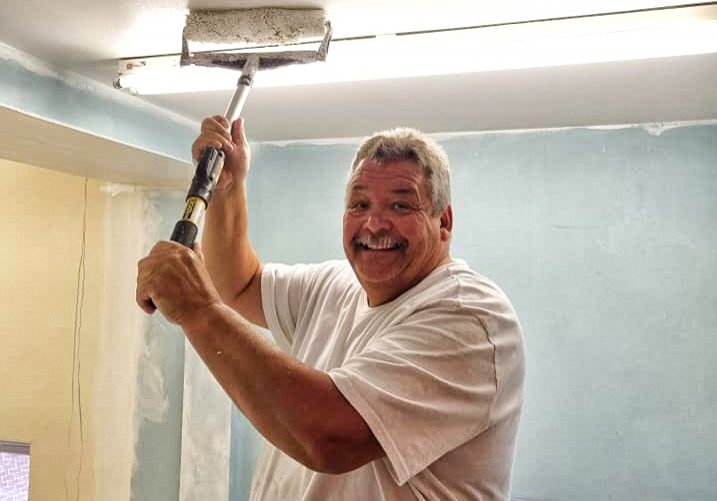The Sea Cadets guide to wellbeing
Dr Judith Mohring, a psychiatrist who specialises in anxiety, shares her top tips for improving your mental health

The impact of lockdown on our mental health has been huge, with many people struggling to cope. But there are simple things that can help. Dr Judith Mohring is a psychiatrist who specialises in anxiety and has presented at the Cadet Conference, as well as supporting staff. She shares her expert tips for taking care of your wellbeing and mental health
Get outside
In a study conducted last year by the Happiness Research Institute, it was found that getting outdoors, even for short periods, made the biggest single improvement to people’s wellbeing. We know that spending time in nature and daylight can lift our mood. Outdoors is also a safe place to exercise and try out some mindful awareness. Even a short walk makes a difference. Morning daylight helps with sleep regulation, and sleeping well improves our emotions and energy levels. So, try to get out every day, ideally for half an hour before noon.
Keep in touch
Humans are very social – isolation is not good for us. It is hard to keep the social contact going at the moment, but any contact is good. Stay in touch using technology – gaming with friends reduces isolation, and WhatsApp groups are a good way to connect with friends. Join a Facebook group to connect with others who share your interests, or video call family and friends. Go for a walk with a friend or give someone a call while you’re walking. Online workouts with friends are great too. It all adds up to feeling a bit more connected.
Get creative
We know creativity and learning are important for mental health.* Find something you enjoy doing – a hobby, arts and crafts, or just some chores around the house – and forget about the news and focus instead on getting something done. Creativity is a good way to learn new skills, which is also associated with improved mental health, whether it’s cooking up a new recipe, or learning a new instrument.
Practise mindful awareness
Mindfulness is the one activity which we know with regular use can change our brain structure and reverse some of the changes caused by depression. It takes practice, so it’s worth trying an app like Headspace or Calm or watching some YouTube videos. If it makes you anxious at first, try being mindful of other things, like music or nature. Outdoors is great for practising awareness of the five senses: what you feel, see, hear, smell and taste. You might be surprised how rich even a short walk becomes.
Find small acts of control
Over the last year many of us have felt like we’ve been on a rollercoaster of feeling out of control, lost and uncertain. It has been a difficult time, but practising this simple psychological trick helps you to feel more in control. Focus on what you can control, not on what you can’t, and make small plans in the day that you can complete. Having a plan and a diary, setting small goals and achieving them makes us feel better.
* Happiness Research Institute November 2020
Illustration by Carys Tait
More Advice

Careers: How to become a submariner
Ever wondered what it’s like to work underwater? Mechanical engineer Lt. Isobel Rawlinson talks about her role, and rowing across the Atlantic


